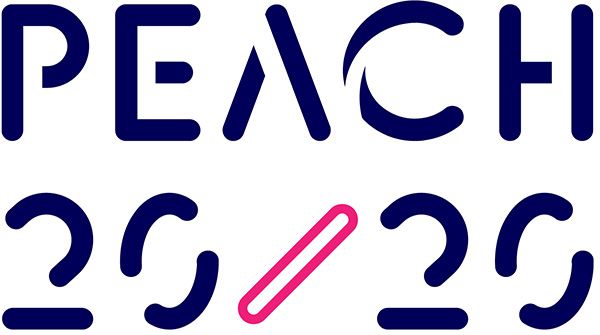Churn hurts. It’s time to listen to our teams
)
Let’s be honest, the hospitality sector has long struggled with its collective employer ‘brand’.
It rarely passes the ‘mum and dad’ test and increasingly, it seems, their children, our traditional target audience of young, ambitious 18-30 years olds, are looking elsewhere to find a different employee experience that meets their expectations of pay, purpose and conditions.
Modern kids today, eh? You may think that, but we still need them.
With new recruits harder to find, employee retention and engagement has never been more vital. Churn hurts our brands, it demoralises employees, and it’s expensive. Watching highly trained, talented staff walk away costs time and money.
So, what are our teams telling us? How can we move quickly to retain our people and show that we are serious about creating a modern, vibrant and rewarding workplace?
New independent research, published jointly this week by Harri and CGA, provides a fascinating insight into employee sentiment. There are some hard truths in its findings but the data also leads to practical, actionable solutions to help bring churn rates down and retain talent now.
As Pete Willis, Harri’s commercial director UK & EMEA commented “Employers can’t do a great deal to fix some of the employees’ challenges such as unreasonable guest demands, but it is possible to tackle other bugbears like ineffective communication, lack of training and pressure from managers. By addressing these, businesses can make a significant difference to retention rates..”
At least three big issues stand out: pay, flexibility and, although not specifically mentioned in the research, burnout.
Pay is problematic, especially with costs rising and margins disappearing. But better pay is on the agenda for some at least. Revolution Bars, for example, has just invested £2m to give its staff a rise as part of its ‘fair day’s pay for a hard day’s work’ pledge, increasing basic rates regardless of age.
Flexibility is also right up there on staff wish lists. Smart rotas, digital clock in and respecting a life outside work should be part of the mix. Tech-based platforms that provide intelligent shift management ought to be industry standard. The vast majority of team members want more tech in their work lives, it’s as simple as that.
Burnout is a problem right across business right now, more often than not driven by insufficient staffing levels, leading to over stretched teams. The Harri and CGA research shows that 58% of employees believe that staff shortages are the biggest single challenge facing the sector.
Staffing up is not going to happen overnight but we need to protect over-burdened teams in the meantime. Using data, and AI, to analyse shift patterns and days off can help spot the warning signs of approaching burnout. Adding customer satisfaction scores and other indirect metrics into the mix can also show how teams are standing up or not to stress. ‘Sweating human assets’ with long shifts as standard and non-consecutive or no days off in a week should set alarm bells ringing.
Challenges around hospitality’s employer/employee ‘value exchange’ and its ramifications for our current workplace and financial models need urgent attention.
There are many excellent employers in the market, many that have already instigated change to working patterns, remuneration and well-being. A majority (61%) of front-line workers still say they are satisfied with their roles. But that leaves a sizeable minority that aren’t, and there’s the problem.
It’s always about more than pay. The brands that listen and embrace systemic and sustained change will win the talent wars.
- You can download the Harri/CGA report Transforming The Employee Experience In Hospitality here –
- Also listen to Harri’s founder and CEO Luke Fryer speak about change on the recent Peach 20/20 Atlantic Club webinar Tech, Talent and Transformation

